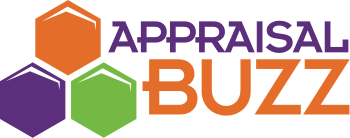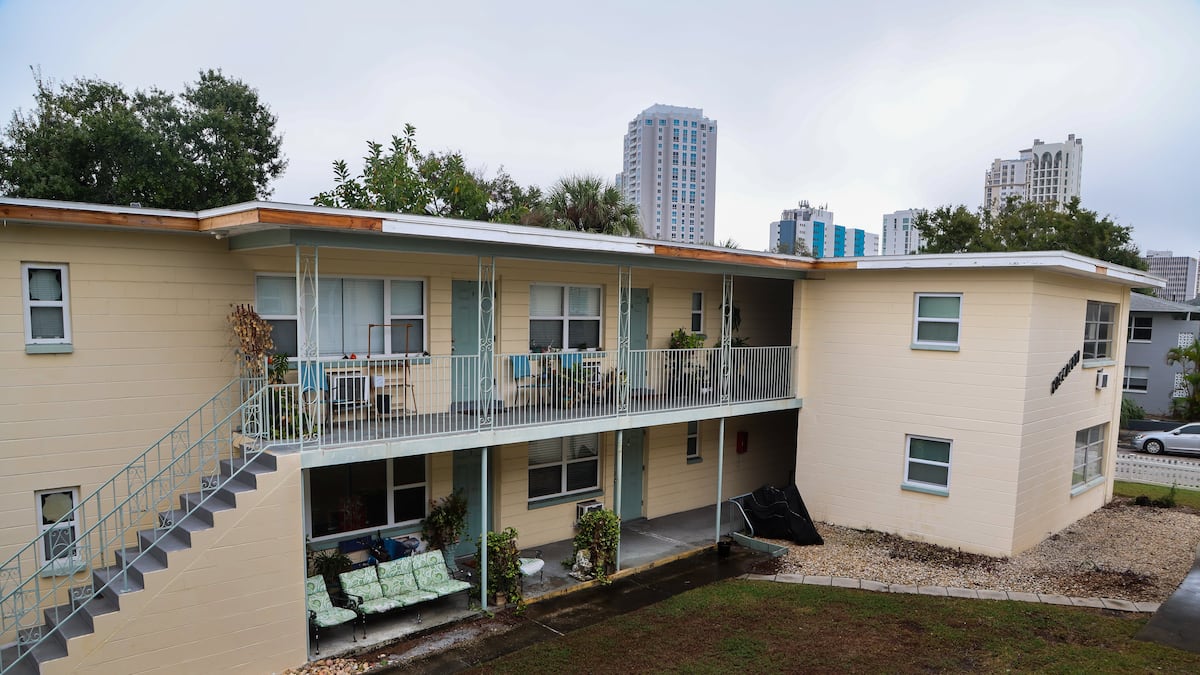T
he real estate valuation industry is at a crossroads, poised to shift from manual processes that are inefficient and error-prone to AI-powered solutions that amplify human expertise. Opteon's new quality control tool, built in collaboration with Jaro, exemplifies this broader evolution.
Traditionally, quality control in appraisals has involved extensive manual reviews, multiple revision cycles, and significant delays, creating systemic inefficiencies that affect borrowers, lenders, and appraisers alike. Our research shows that traditional appraisals have historically seen revision rates of up to 60%, extending turn times by up to a day.
The industry's slow adoption of new technology has hindered its ability to streamline operations while maintaining accuracy and compliance standards. However, AI-powered tools like Intara don't replace appraisers or QC functions; they enable them to focus on expert analysis and decision-making while automating repetitive tasks.
Intara works by examining unstructured data and images simultaneously with discrete data points, identifying potential issues early and reducing manual rework. This allows appraisers to dedicate more time to complex analytical work that requires human expertise and judgment.
The implementation of Intara has provided valuable insights into how AI can improve appraisal processes. Our data shows:
* 21% fewer revisions requested
* 32% reduction in QC turnaround times
* 62% reduction in manual touches
* ~20% decrease in back-and-forth communications between lenders and appraisers
Beyond quantitative improvements, the qualitative changes have been significant. Appraisers report increased job satisfaction, feeling empowered and efficient while experiencing relief from repetitive tasks and rework cycles. Lenders describe improved confidence in their approval processes, with better security and control over risk management.
A critical factor in successful AI implementation is customization to meet varying requirements. Intara embeds lender-specific criteria into quality control processes, automatically identifying discrepancies, and ensuring consistency before reports reach final review.
The future of real estate valuations will involve increasing integration of human expertise with artificial intelligence capabilities. This evolution isn't about replacing professional judgment with automated systems; it's about creating hybrid approaches that leverage the strengths of both human analysis and machine processing.
Tools like Intara represent early examples of this integration, demonstrating how AI can enhance quality control while preserving the essential human elements of property valuation. Opteon is executing on a robust AI roadmap that extends these capabilities to appraisal analysis, report writing, and overall operational efficiency.














